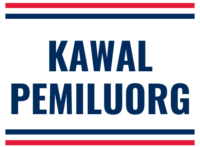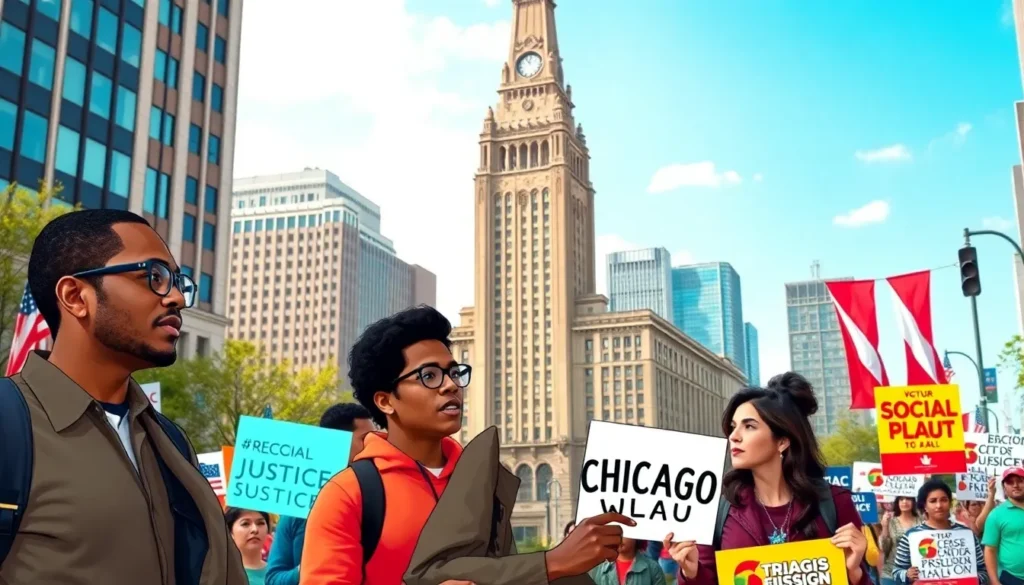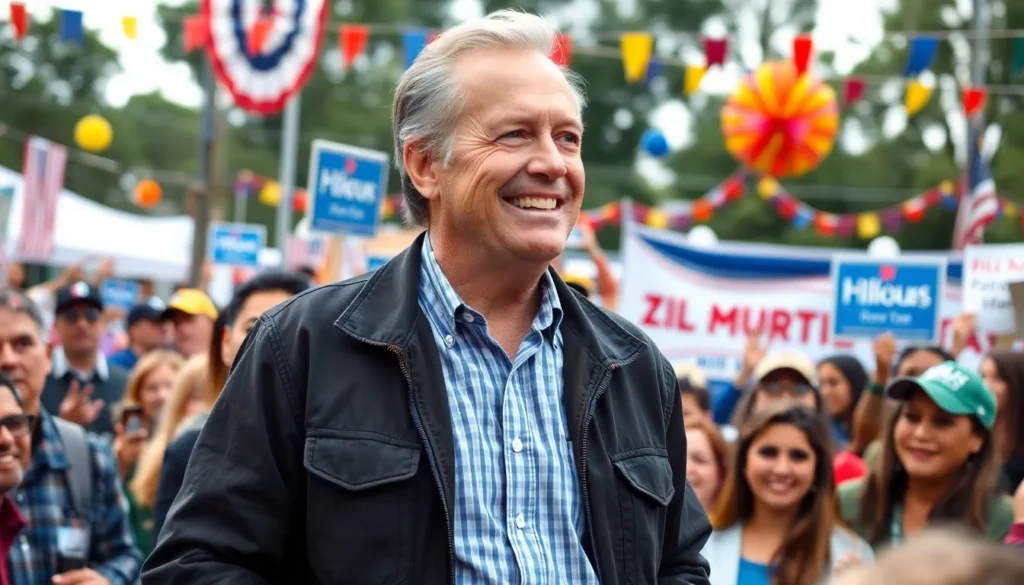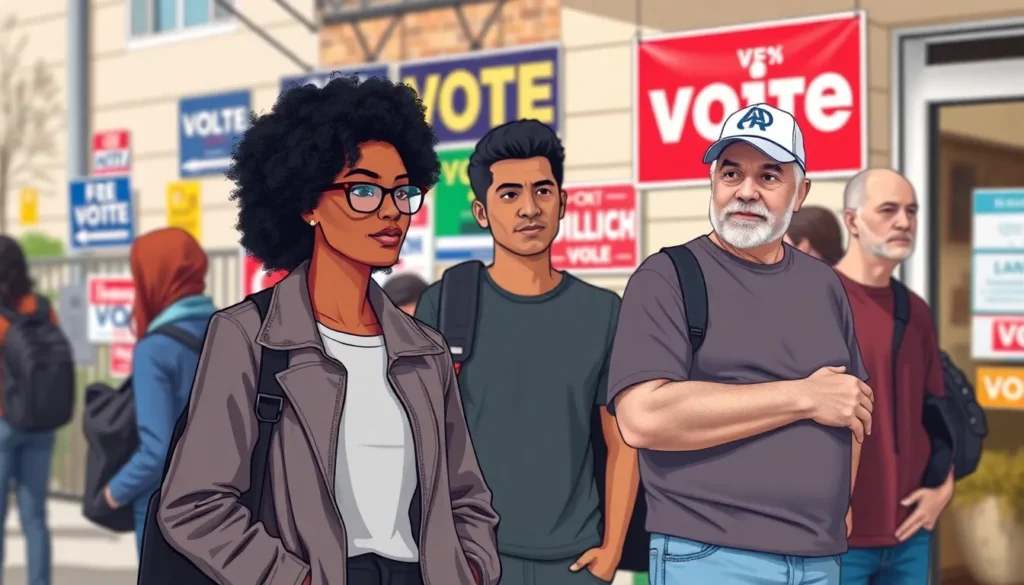Chicago politics is a wild ride, and it’s not just about deep-dish pizza and friendly rivalries. This city has a reputation for its colorful political scene, where backroom deals and bold personalities collide in a way that keeps everyone guessing. If you think your local council meetings are dramatic, wait until you dive into the world of Chicago’s political power plays. From legendary mayors to the infamous machine politics, the Windy City has seen it all. Whether it’s a scandal that makes headlines or a grassroots movement that stirs the pot, Chicago politics offers a blend of intrigue, humor, and lessons that resonate far beyond its borders. Buckle up as we explore the fascinating, often hilarious, and undeniably complex landscape of politics in the city that never sleeps—unless it’s election season.
Chicago Politics
Chicago’s political landscape showcases a complex interplay of power dynamics and historical rivalries. The city has experienced significant political shifts since its early years, influencing policy decisions and mayoral races. Notable figures such as Richard J. Daley and Harold Washington played pivotal roles in shaping the direction of local governance. Machine politics remain a hallmark of Chicago’s history. This political system emphasized party loyalty and often relied on patronage to maintain influence. Throughout the decades, a blend of scandals and reforms surfaced, highlighting both the challenges and resilience of political structures in the city. Electoral politics in Chicago exhibit unique characteristics. Voter turnout during elections consistently ranks among the highest in the nation. Engaging with diverse communities, candidates target various demographics, which adds complexity to their campaigns. The city’s neighborhood organizations hold significant sway in local politics. These grassroots movements foster civic engagement and influence decision-making processes. In recent years, issues surrounding social justice, economic inequality, and public safety have dominated political discourse. Additionally, Chicago faces ongoing challenges that test political leadership. Budget deficits, crime rates, and education reform demand innovative solutions from elected officials. Addressing these critical issues influences the political landscape and shapes public perception of leaders. Chicago’s political environment continues to evolve. Engaging with the community ensures that elected officials remain accountable and responsive to constituents. The vibrant dynamics reflect a city rich in history and poised for future transformations.Historical Context
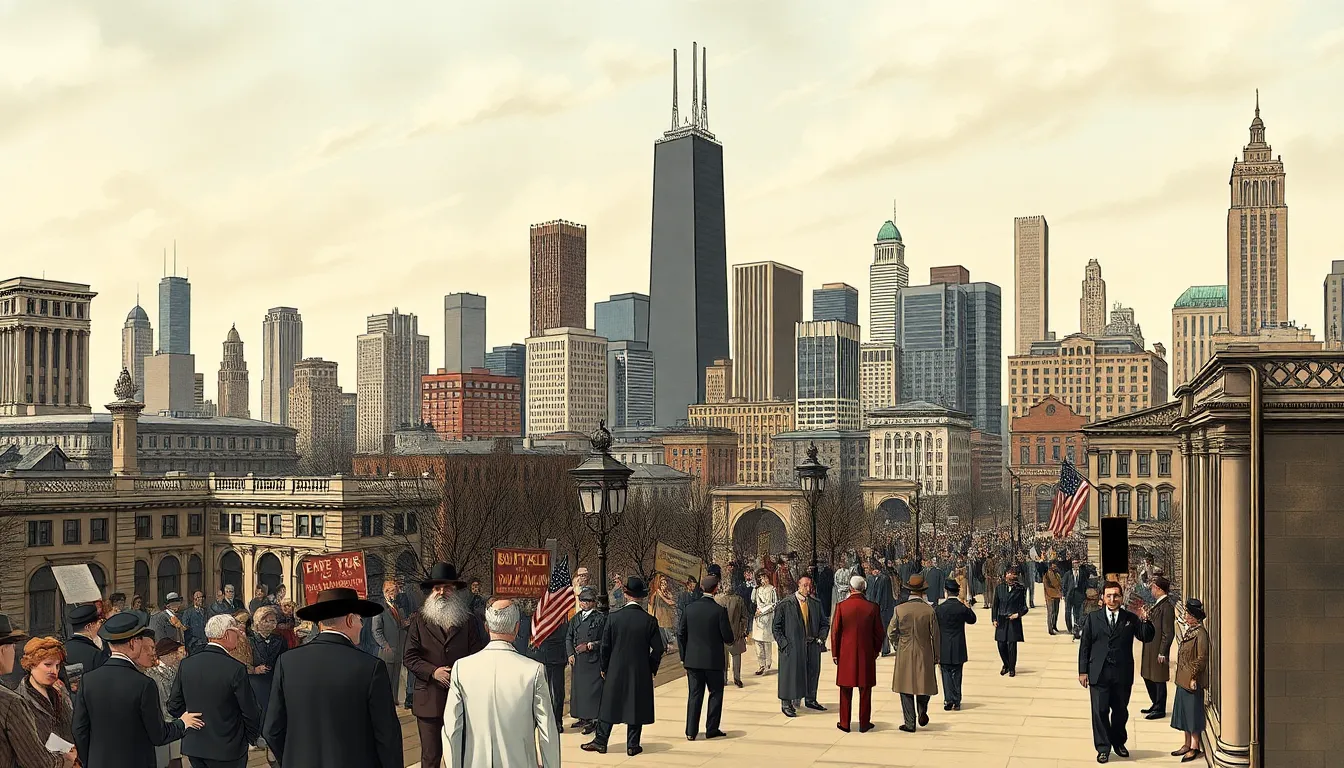
Early Political Dynamics
Emerging in the late 19th century, Chicago’s political scene was marked by rapid industrialization and immigration. Immigrant communities often aligned with political machines for support and representation. By establishing networks, these groups influenced local decision-making. The establishment of the Democratic Party’s machine in the early 20th century solidified a framework for governance based on loyalty and patronage. Political corruption thrived as leaders like “Big Bill” Thompson leveraged connections and favoritism. Chicago’s political landscape transformed but remains rooted in the dynamics of power and influence.Key Political Figures
Rich in political heritage, Chicago boasts notable leaders who shaped its governance. Richard J. Daley, serving from 1955 to 1976, represented the height of machine politics. Known for his political savvy, Daley’s influence extended beyond local boundaries. Harold Washington broke racial barriers as the first African American mayor, holding office from 1983 until 1987. His administration challenged the status quo and reshaped community engagement. Contemporary figures also impact the landscape, focusing on issues such as equity and reform. Their legacies showcase a spectrum of leadership styles, from patronage to progressive change.Current Political Landscape
Chicago’s political landscape is marked by a mix of tradition and transformation. The ongoing dialogues around governance reflect a city striving for progress amid its rich political history.Major Political Parties
Democrats dominate Chicago’s political environment with a firm grasp on local offices and influence. A significant number of elected officials align with the Democratic Party, promoting progressive issues like social equity and public safety. Republicans, while less prevalent, maintain a presence, focusing on fiscal conservatism and community concerns. Third parties and independents occasionally shape discussions, introducing new ideas to the political arena. Voter engagement remains high during elections, reinforcing the effectiveness of party organization in mobilizing support.Influential Politicians
Prominent politicians play crucial roles in shaping Chicago’s political discourse. Mayor Brandon Johnson emerged as a key figure emphasizing education and economic reform. U.S. Representative Jesús “Chuy” García advocates for immigrant rights and social justice, influencing policy at the federal level. Additionally, notable city council members actively push for community-led initiatives, reflecting grassroots priorities in governance. Historical figures like Harold Washington continue to inspire current leaders, emphasizing the importance of inclusivity and involvement within Chicago’s diverse communities.Major Issues In Chicago Politics
Chicago politics navigates several pressing issues that significantly influence the city’s governance. Crime and public safety take center stage, as citizens demand effective measures to ensure their security.Crime and Public Safety
Gun violence remains a critical concern, with statistics showing thousands of shooting incidents annually. The city aims to enhance police-community relations while exploring alternative safety strategies. Mayor Brandon Johnson focuses on violence prevention programs, offering resources to at-risk youth and funding community organizations. Efforts also include implementing a comprehensive approach to address root causes, such as poverty and lack of educational opportunities. Public safety measures encompass collaboration between law enforcement and social organizations, striving to build trust and reduce crime rates.Housing and Urban Development
Housing affordability ranks among the most urgent issues in Chicago’s urban landscape. With rising rents and home prices, many residents face financial strain. The city government’s initiatives aim to create affordable housing options for low and moderate-income families. Zoning reforms seek to encourage mixed-use developments and improve access to housing. Strategies also focus on revitalizing neighborhoods while ensuring that long-term residents are not displaced. Public-private partnerships play a vital role in fostering urban development, driving investment in infrastructure and public amenities that enhance the quality of life.The Role Of Community Engagement
Community engagement significantly influences Chicago politics, driving initiatives that reflect residents’ needs and aspirations. Participation at the grassroots level shapes policies and fosters connections among community members.Grassroots Movements
Grassroots movements exemplify the power of local voices in Chicago politics. Activists and residents mobilize around issues like affordable housing and police reform. Organizations such as the Grassroots Collaborative advocate for systemic change through community organizing. These movements often bring attention to underserved neighborhoods, amplifying concerns that mainstream politics may overlook. Engaging citizens in discussions fosters understanding and cultivates a sense of ownership in local governance. Moreover, successful campaigns often arise from these grassroots efforts, showcasing the impact of collective action.Voter Participation
Voter participation remains essential in shaping Chicago’s political landscape. High turnout rates reflect engagement and demonstrate the importance citizens place on influencing policy.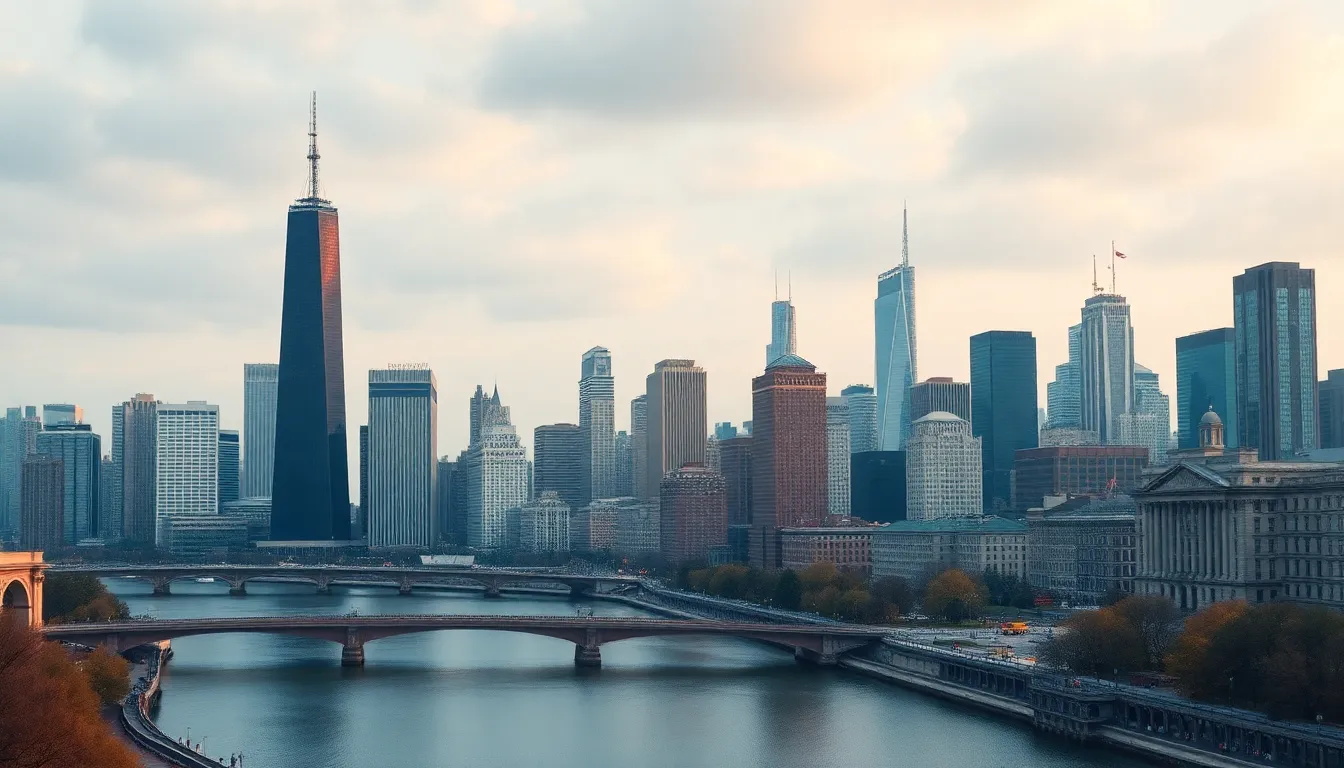 Initiatives focused on improving access, such as early voting and same-day registration, encourage more residents to partake in elections. Organizations like the League of Women Voters work tirelessly to educate the public about their voting rights, aiming to dismantle barriers. When diverse communities mobilize, they signal to elected officials the need for responsive governance. Ultimately, active participation from voters plays a crucial role in driving accountability and representing the city’s diverse population.
Initiatives focused on improving access, such as early voting and same-day registration, encourage more residents to partake in elections. Organizations like the League of Women Voters work tirelessly to educate the public about their voting rights, aiming to dismantle barriers. When diverse communities mobilize, they signal to elected officials the need for responsive governance. Ultimately, active participation from voters plays a crucial role in driving accountability and representing the city’s diverse population.
